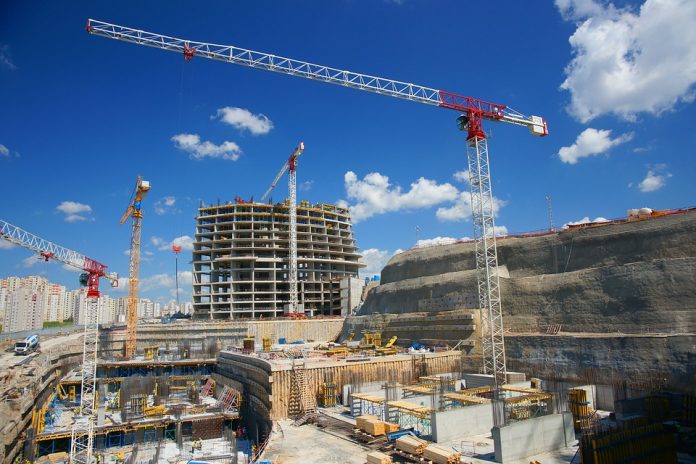The construction and infrastructure industry is experiencing many seismic changes that are bound to transform its character and the industry at large. The industry has been slowly integrating innovative technology in an attempt to streamline delivery, improve productivity and maximize utility.
Nevertheless, BIM or building information modeling is already doing an excellent job as far as drastically transforming the industry is concerned. It is also acknowledged for making it more, accurate, reliable, sustainable, efficient and cost-effective.
Further automation and digitization of the construction industry would entail the synchronization of BIM and artificial intelligence (AI). A recent study conducted by McKinsey indicated the existence of unparalleled demand and tremendous scope for specific technology solutions based on both analytic methods and AI-driven algorithms. Artificial intelligence (AI) would help the construction industry in solving some of the massive recurring problems that it is prone to such as accuracy margin, project schedule delay, and safety considerations.
Once it is fully adopted in construction, AI will offer numerous advantages to the industry. Nevertheless, it will need many structural changes and most importantly capacity building to ensure rudimentary prerequisites for AI adoption are met without overlooking anything.
The broad consensus among stakeholders in the construction industry is that it cannot stay impervious to artificial intelligence (AI), mainly while other industries are curious about the technology. They also acknowledge that in a bid to stay relevant in the current post-industrial world, making a smooth transition to AI as soon as possible is imperative.
Although the enthusiasm about AI in the construction industry is still lukewarm, its stakeholders are aware of the advantages that would accrue due to the technology. They also know that the industry cannot escape technological disruption, which is expected to transform the industry’s functioning mechanisms irreversibly.
Companies that deal with AI-related solutions in the construction industry need to receive incentives from the government. They also require being promoted in a bid to serve an essential role in the broader adoption of technology. Furthermore, a new ecosystem has to be created, which not only nurtures ingenuity but also aids in boosting awareness regarding the prospects of artificial intelligence.
Areas that AI can Change
With mass AI adoption becoming a reality, recognition of areas within the construction industry where artificial intelligence can exert its impact would play an essential role in its evolution.
AI can be useful in identifying unsafe worker behavior patterns and organizing the data for later reference, especially in image recognition, classification and site surveying. Prioritization of preventative maintenance and implementation of modified real-time solutions at a low cost would also be a bonus for the construction industry.
In the future, there will be independent quality-control systems made up of a combination of new technologies and artificial intelligence with other tools such as building-information modeling and GPS. Additionally, several construction startups have created products for undertaking other on-site roles like supply chain logistics.
3D printing and modularization are slowly making their way into construction. As such, there could be a chance to reap numerous benefits in the future via machine learning. For example, robotics researchers have trained robotic arms how to move through learning from simulations.
Source GeospatialWorld
